To find more about our students, either scroll down the page or click on one of the four priority areas each student's research is located in.
Agriculture and Food Security (AFS)
Industrial Biotechnology and Bioenergy (IBB)
Bioscience for Health (BfH)
World Class Underpinning Bioscience (WCUB)
***
Agriculture and Food Security (FS)
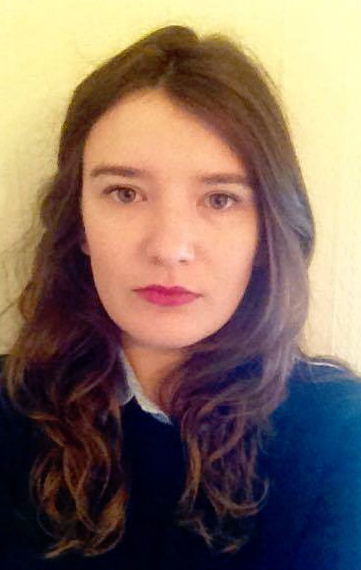 Rosie Barraclough (Edinburgh)
Rosie Barraclough (Edinburgh)
Project title: Use of advanced technologies to enhance monitoring of dairy cow health
Personal note: I am studying for my PhD at the Royal (Dick) School of Veterinary Studies and the Roslin Institute, University of Edinburgh under the supervision of Dr Alastair Macrae and Dr Marie Haskell (SRUC). In 2015 I completed my undergraduate degree at Harper Adams University, where I studied Bioveterinary Science. The aim of the project is to investigate if advanced technologies can be used to detect disease in dairy cattle. During my PhD, I will use hind leg pedometers called ‘IceQubes’ (created by IceRobotics) to collect animal behaviour data and I will also record animal health events and animal production parameters. The data will be used to identify at what stage we can diagnose disease using cow behaviour alone and at what stage disease can be diagnosed in combination with other diagnostic criteria. The investigation will also look at the benefit of early diagnosis and the potential benefits for production, cow health and animal welfare. In my spare time I enjoy watching horse racing, reading and walking.
Contact Rosie.
Max Brown (Edinburgh)
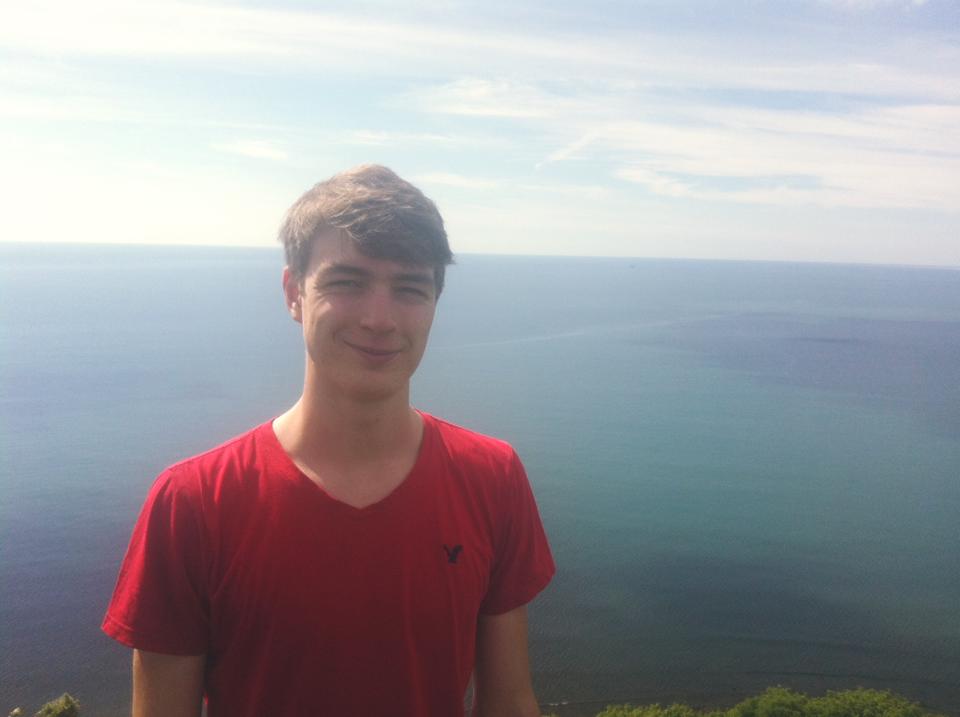 Project title: How does the hemiparasitism affect evolutionary processes in Euphrasia L.
Project title: How does the hemiparasitism affect evolutionary processes in Euphrasia L.
Personal note: I am a Ph.D. student studying at the University of Edinburgh in the Institute of Evolutionary Biology in collaboration with the Royal Botanical Gardens Edinburgh. My research is focusing on the hemiparasitic plant genus Euphrasia and I will be researching different aspects of Euphrasia in terms of parasitism. Initially the impact of hosts on the fitness of Euphrasia will be elucidated. As it is a taxonomically difficult genus, this aspect cannot be ignored, and I will look into whether different lineages have different responses to hosts (i.e. do they conform to an ecological species concept?). Lastly, hybridisation and breeding systems will be considered in light of the hemiparasitic habit.
Before I started my Ph.D. I studied Biological Sciences at Oxford University where my dissertation focussed on the ecology of dung beetles (Scarabaeidae). My interests lie deeply rooted in natural history, especially in botany and entomology. I love nothing more than going for a walk and looking at the life around me.
Contact Max.
Juan Carlos Entizne (Dundee)
Projec title: Construction and refinement of reference transcript dataset annotations for fast and accurate transcript quantification in barley and potato
Contact Juan.
 Michael Gallagher (University of Edinburgh)
Michael Gallagher (University of Edinburgh)
Project title: New Approaches to Characterise Viral Diseases Affecting Atlantic salmon
Personal note: I am a PhD student working in the School of Biological Sciences at the University of Aberdeen. My project involves trying to develop a faster and more efficient approach of sequencing the full genome of RNA viruses that infect Atlantic salmon, especially in fish farms. I will then use these genomes in phylogenetic studies to try and model the population dynamics of these viruses including viral outbreak origins and transmission routes. I am focusing on Salmon Alphavirus (SAV), a relatively common virus in European fish farms as well as Infection Salmon Anaemia Virus (ISAV), a notifiable disease here in Scotland.
Prior to this, I completed my MSci degree here at the University of Aberdeen in Biological Sciences, during which, I undertook a 10-week research placement funded also by BBSRC EASTBIO. I also took part in an International Exchange Programme for my second year of my MSci in Queen’s University in Canada.
Contact Michael.
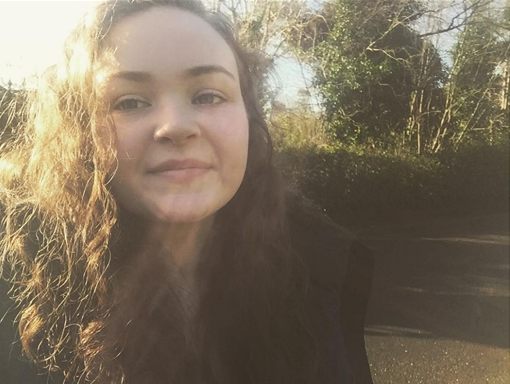 Imogen Johnston-Menzies (Edinburgh)
Imogen Johnston-Menzies (Edinburgh)
Project title: Quantitative proteomic analysis of the secretomes of Salmonella serovars of differing tropism and virulence in farm animals
Personal note: Hello! I am doing my PhD in the Roslin Institute at the University of Edinburgh, researching the secretomes of several Salmonella serovars that differ in virulence between farm animals. My main research interest is the understanding of the underlying molecular mechanism controlling host-serovar tropism, and through this, my project aims to identify vaccine or antivirulence drug candidates.
Previous to this, I completed my undergraduate degree in Microbiology at the University of Glasgow, where I also did my MSc in Infection Biology. Outside of the lab I love to read, walk, and spend time with friends.
Contact Imogen.
Kerry Leslie (St Andrews)
Project title: Core effectors and host targets of plant-parasitic nematodes
Contact Kerry.
Isobel McLachlan (Edinburgh)
Project title: Dynamic modelling of foot-and-mouth disease (FMD) epidemiology and persistence in endemic areas
Personal note: I am a PhD based at the Roslin Institute and BioSS. My project aims to use mathematical modelling to gain an insight into the epidemiology and persistence of endemic FMD in Cameroon. Prior to starting my PhD I completed a BSc Biology and MSc Epidemiology at Imperial College London.
Contact Isobel.
Zandile Nare (Edinburgh)
Project title: Characterisation of cattle immune response from assaying methylation profiles in whole blood samples
Contact Zandile via our student reps page.
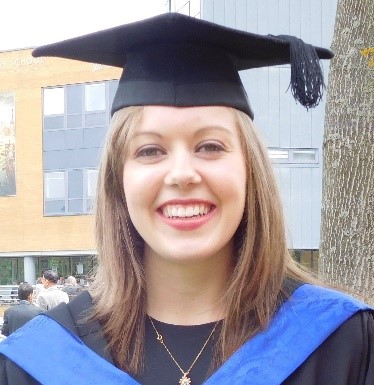 Jessica Powell (Edinburgh)
Jessica Powell (Edinburgh)
Project title: Characterisation of cattle immune response from assaying epigenetic profiles in whole blood samples
Personal note: Hello! I’m Jess and I am a PhD student at The Roslin Institute at The University of Edinburgh. My project focuses on using epigenetics to characterise the immune response of cattle from whole blood samples. This includes using epigenetics to determine the composition of immune cells within blood and how the composition changes upon infection. I also aim to use differences in immune cell epigenetic profiles of African and European cattle breeds to determine potential traits of disease resistance.
Prior to starting my PhD I completed my BSc in Veterinary Biosciences at The University of Surrey, during which I undertook a 10-week project at North Carolina State University and a placement year at The Pirbright Institute.
Contact Jessica.
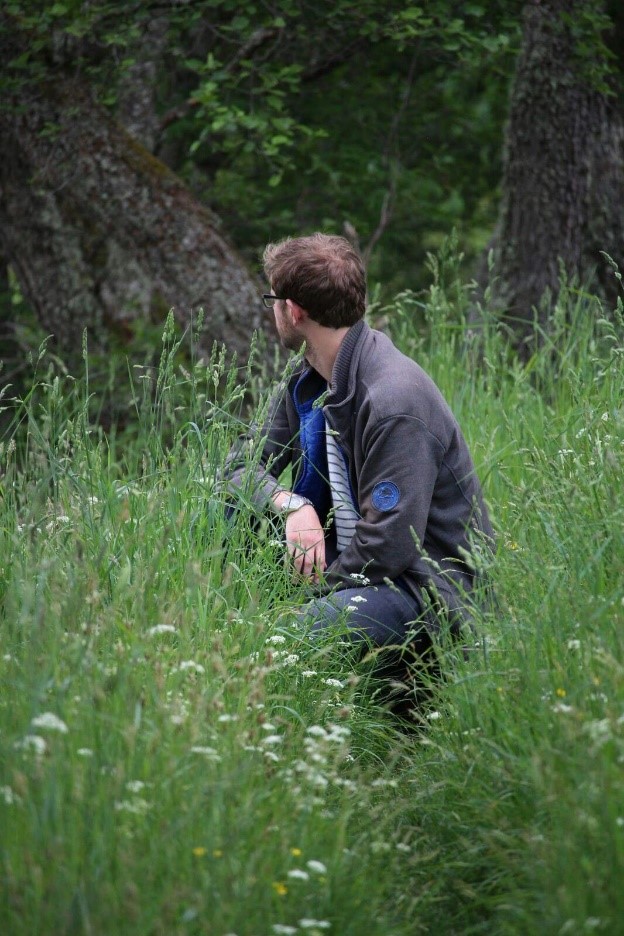 Deon Roos (Aberdeen)
Deon Roos (Aberdeen)
Project title: A multi-scale bio-economic approach to optimising the management of emerging rodent crop pests
Personal note: Hi, I’m Deon, and I’m currently studying for my PhD in the University of Aberdeen. My project is using the Castilla y Leon region of Spain as a study site to explore the issues that arise with an emerging rodent crop pest which displays a cyclic population outbreak. This will involve a multi-disciplinary approach using ecology, social science and bio-economics to explain and resolve the issues that evolve in such a system.
I am a graduate of the University of Aberdeen, where I was awarded, the Zoology Prize for distinction, the Carnegie Scholarship and a PTES internship prior to beginning my PhD.
Contact Deon.
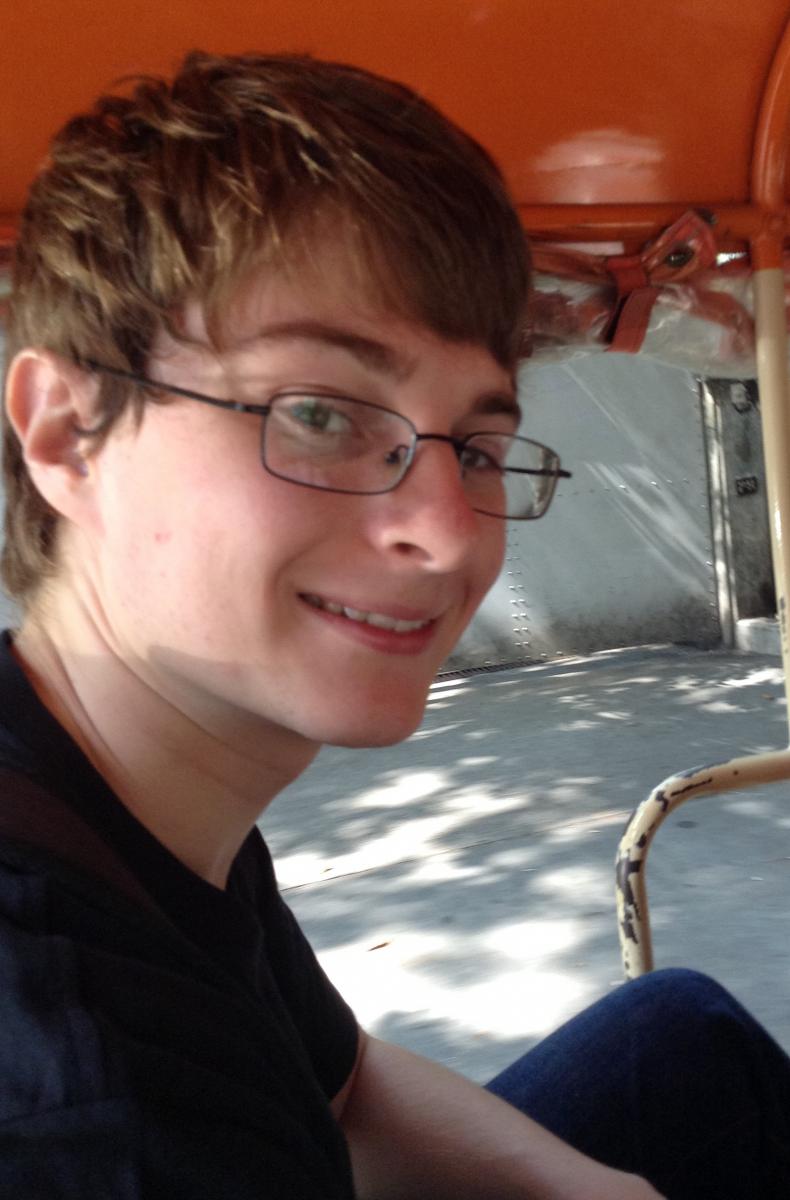 Andrew Strange (Aberdeen)
Andrew Strange (Aberdeen)
Project title: Using CRISPR/Cas9 Genome Editing of Induced Pluripotent Stem Cells to Investigate the Role of Protein Synthesis in Neuronal Network Function
Personal note: I am studying my PhD at the Institute of Medical Science, University of Aberdeen. My project is focusing on the effect of the expression of EIF4E on neural networks, and its relation to Autism Spectrum Disorder phenotypes. To this end, I will be using CRISPR/Cas9 technology to upregulate EIF4E, and looking at the proteome of the altered cells. This will allow me to clarify the exact mechanism though with over expression of EIF4E leads to ASD. The cells I will be using are human Induced Pluripotent Stem Cells, which will be differentiated into neuronal cells with retinoic acid, and brain derived neurotrophic factor.
I completed my undergraduate degree in biochemistry, followed by masters of research in biochemistry, focusing on recombinant protein production in wild strain of yeast, both at the University of Kent. I also completed a yearlong placement in BIOTEC, Pathum thani, Thailand, looking at genetic resistance to downy mildew in maize.
Contact Andrew.
Jennifer Wardle (Aberdeen)
Project title: Resolving Conflict between Demands on Organic Waste in Rural Ethiopia - Optimum Solutions for Food, Energy and Water Security
Personal note: I’m a PhD student at the University of Aberdeen where I recently completed my Master’s in Ecology and Environmental Sustainability. I have a multidisciplinary background in which I’ve studied the socio-economic and political aspects of environmental issues before moving into Environmental Science. My PhD binds these approaches into a transdisciplinary project that ranges from conducting social surveys to experiments in thermodynamics, testing for pathogen presence in organic waste and computer modelling. The outcome is to deliver safe, socially acceptable solutions to reduce the amount of organic materials used for fuels to allow more organic residues to be returned to the soil.
Honours/prizes: £500 bursary from the J.W. Stephen Fellowship awarded towards the costs of my Master’s project in Uganda for the quality of application.
Contact Jennifer.
Industrial Biotechnology and Bioenergy (IBB)
Grant Gale (Edinburgh)
Project title: Generating new molecular tools to manipulate phycobiliprotein yields in cyanobacteria
Contact Grant.
 Jenn Ross (Edinburgh)
Jenn Ross (Edinburgh)
Project title: Understanding how the ring-doughnut structure of encapsulated ferritins influences their function in encapsulin iron-megastores
Personal note: I graduated from the University of Edinburgh in June 2016 with an MChem in Medicinal and Biological Chemistry with a Year Abroad. I carried out my undergraduate project with Dr Simon Daff on the structure and chacterisation of a Cytochrome P450. I have now joined the EASTBIO DTP and am working on understanding how the structure of encapsulated ferritins influences their function within encapsulin. This research utilises mass spectrometry, x-ray crystallography, electron microscopy and biophysical techniques to gain insight into encapsulated ferritins.
Contact Jenn.
Marcos Valenzuela Ortega (Edinburgh)
 Project title: Development of novel methods for high throughput screening of recombinant constructs for conversion of cellulosic biomass to useful products
Project title: Development of novel methods for high throughput screening of recombinant constructs for conversion of cellulosic biomass to useful products
Personal note: Hello, I am Marcos. I am a PhD student in the lab of Prof. Chris French in collaboration with Prof. Alistair Elfick, in the University of Edinburgh. My project aims to find lignocellulose-degrading enzymes using new high-throughput screening methods. This is a very interesting topic because it means we could use an abundant and renewable resource to produce biofuels or chemical feedstocks (and replace petrol some day?).
I got my BSc in Biotechnology at the Autonomous University of Barcelona in 2013. After that I spent a year in Birmingham where I did an internship in the lab of Prof. Jeff Cole thanks the Leonardo Da Vinci programme. The following two years I have been working as Research Assistant in Ingenza, a biotech company based in Roslin, involved in a project to develop a new metabolic pathway in E. coli to generate a non-natural product of industrial interest. In my free time I like to spend time with my girlfriend, relax at home, and I recently started practising martial arts (Haidong Gumdo) with some friends.
Contact Marcos.
Bioscience for Health (BfH)
Mimi Asogwa (Aberdeen)
Project title: Investigating the Role of the Bacterial Mechanosensitive Channel (YnaI) in Salmonella Pathogenesis
Personal note: I graduated in 2014 with an Honours degree in ‘Molecular Microbiology’ from the University of Aberdeen. After my degree, I continued working on my honours project in the lab as a Research Assistant; this experience gave me a continued interest in research hence my quest for a PhD programme. My PhD project focuses on the role of YnaI in Salmonella Pathogenesis. Mechanosensitive channels are required for bacterial cells to survive hypoosmotic shock. Salmonella enterica affects humans as well as farm animals where they act as reservoirs of infection. However further study is needed to elucidate mechanisms of bacterial colonization in the host. Recent studies have suggested a role for YnaI in host colonization and/or pathogenesis during bacterial infections of farmed animals. My project therefore aims to understand specific role(s) of YnaI in Salmonella pathogenesis in farmed animals: Is YnaI required for specific processes such as invasion and replication during Salmonella pathogenesis and can YnaI confer protection against hypoosmotic shock in Salmonella cells? My project will also investigate YnaI structure and function to ascertain key residues required for YnaI gating as well as gain further understanding of the unique characteristics of YnaI. To do this, I will use a range of microbial techniques including bacterial physiology, molecular biology and in vivo models of Salmonella infection in food-producing animals.
Contact Mimi.
Scott Dillon (Edinburgh)
Project title: Characterisation of the Intimate Relationship Between Collagen and Mineral During Skeletal Biomineralisation
Contact Scott via our student reps page.
Clare Latta (Edinburgh)
Project title: Regulation of microglial activity to promote central nervous system homeostasis and limit harmful neuroinflammation
Contact Clare.
Kate Mathers (Dundee)
Project title: Secretion, mode of action and utilisation of a new anti-bacterial toxin
Contact Kate via our student reps page.
Eevi Savola (Edinburgh)
Project title: Genetic and environmental variation in the effect of dietary restriction on life-history trade-offs and ageing in Drosophila
Personal note: I am a PhD student at the University of Edinburgh at the Institute of Evolutionary Biology. I am interested in understanding the life-history trade-offs that underlie lifespan extension in response to dietary restriction using Drosophila as a model species. Here, dietary restriction refers to altering the protein to carbohydrate ratios in the diet. This diet treatment has been recently demonstrated to extend lifespan in Drosophila. The aim of my PhD project is to test how this reported response changes across environments by introducing stressors such as injury, disease and temperature. Later on, I would like to focus on understanding how different genotypes from the Drosophila Genetics Reference Panel react to the same dietary restriction treatments to analyse the amount of genetic variation in the response to dietary restriction.
Contact Eevi.
Luke Woodford (St Andrews)
Project title: Healthy honeybees: the biology and affordable control of Varroa and deformed wing virus
Personal note: Hello! I’m a PhD student at the University of Saint Andrews, working in the School of Biology. My project focuses on the impact of the ectoparasite Varroa destructor on virus diversity in honeybee colonies. Varroa transmits viruses between bees when feeding on the haemolymph (blood) of developing pupae and is the most significant threat to bee health globally. Previous studies suggest that Varroa-infested colonies will exhibit low virus diversity and high levels of virulent strains of deformed wing virus (DWV), whilst colonies largely free from Varroa should contain low levels of a highly diverse DWV population. The practical work will be partially based on Arran, an island off the west coast of Scotland, allowing us to coordinate the uniform treatment of all colonies on the island and we will use a range of NGS techniques to study the virus population in the bees and mites. These studies will show whether coordinated treatment to control Varroa levels is achievable and results in landscape-scale changes to the virus population that benefits bee health.
Prior to starting my PhD I completed a BSc (HONS) in Biochemistry at Heriot Watt University. I also have two MRes degrees in Molecular Parasitology and Ecology and Environmental Biology from the University of Glasgow separated by five years of industrial experience obtained at a small biotech company.
Honours/prizes: Prize for best student on the MRes programme 2015/2016, University of Glasgow.
Contact Luke.
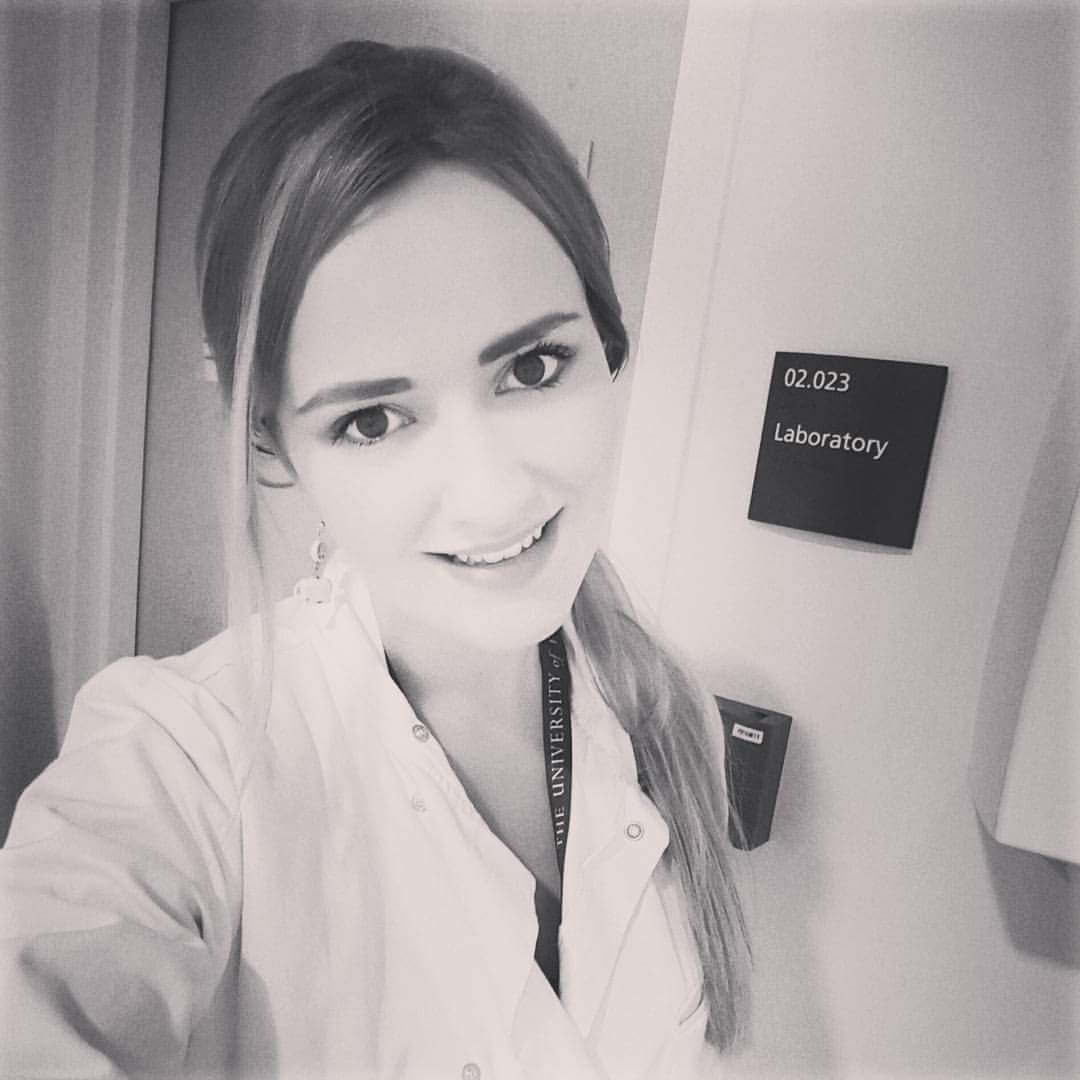 Charlotte Woolley (Edinburgh)
Charlotte Woolley (Edinburgh)
Project title: Investigation into the environmental, genetic and infectious risks for gastrointestinal signs in dogs
Personal note:
Hi everyone! I am a Veterinary Clinical Sciences PhD student based at the Roslin Institute and the Royal (Dick) School of Veterinary Studies at the University of Edinburgh. Before I began my PhD, I completed a BSc in Equine Science at Harper Adams University, an equine breeding and nutrition internship at Virginia Tech in the USA and an MSc in Animal Biosciences at the University of Edinburgh.
My project involves the analysis of questionnaire and genomic data from a large cohort study of Kennel Club registered Labrador Retrievers, which has been running since 2010 and is known as the ‘Dogslife’ Project. I am exited to be able to use a combination of epidemiological, genetic and microbiological techniques in order to potentially uncover risk factors for canine gastrointestinal disease, which is very common but poorly understood.
Research Outputs:
Lapinskas, S., Rayner, J., Jacobs, R., Woolley, C., Splan, R., Hess, T.M. 5 Seasonal effects on pasture and a group of mares with metabolic syndrome. J. Equine Vet. Sci. 35, 384–385 (2015).
Honours/Prizes:
- BEF MAREC Internship Winner, 2014
- Bursary Winner for International Conference on Equine Exercise Physiology, 2014
- Roslin Institute MSc Scholarship, 2015
Contact Charlotte.
World Class Underpinning Bioscience (WCUB)
Fiona Bakke (Aberdeen)
Project title: Development of a Proteomics Platform to Monitor Immune Responses in Non-Mammals
Contact Fiona via our student reps page.
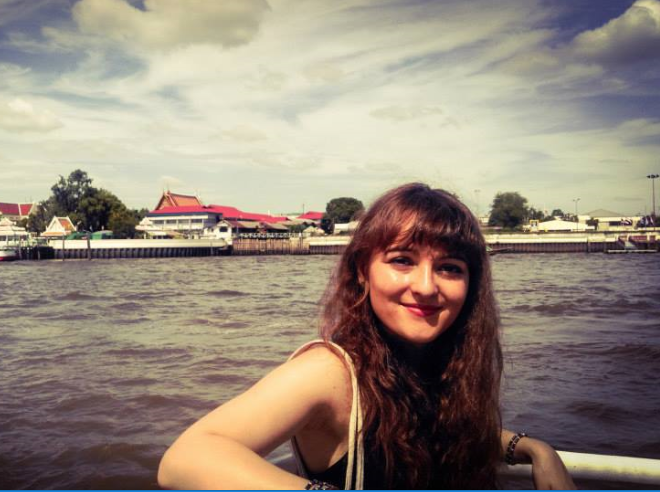 Christina Brown (Edinburgh)
Christina Brown (Edinburgh)
Project title: Optogenetic exploration of the neural circuits within the lateral entorhinal cortex
Personal note: I am a PhD student currently working at the Centre of Integrative Physiology at the University of Edinburgh, but part of my project will be at the University of St Andrews. My project will be focusing on a part of the brain called the lateral entorhinal cortex (LEC) which is thought to be very important in modulating episodic memory. Behavioural experiments have shown that when lesions are made in this area, rodents lose the ability to form contextual episodic memories (they explore familiar objects as if they are new, depending on location and context). The LEC and ‘object-place-context’ memory is also one of the first areas damaged during Alzheimer’s disease and other dementias. The neuronal circuitry within the LEC has not been explored sufficiently so I plan to use in vitro electrophysiology and optogenetic techniques to elucidate the different cell types within the neuronal layers and their projections.
Contact Christina.
Caitlin Connolly (Dundee)
Project title: How Do Rif1 and SAF-A Remodel Chromatin to Ensure Effective DNA Repair?
Contact Caitlin.
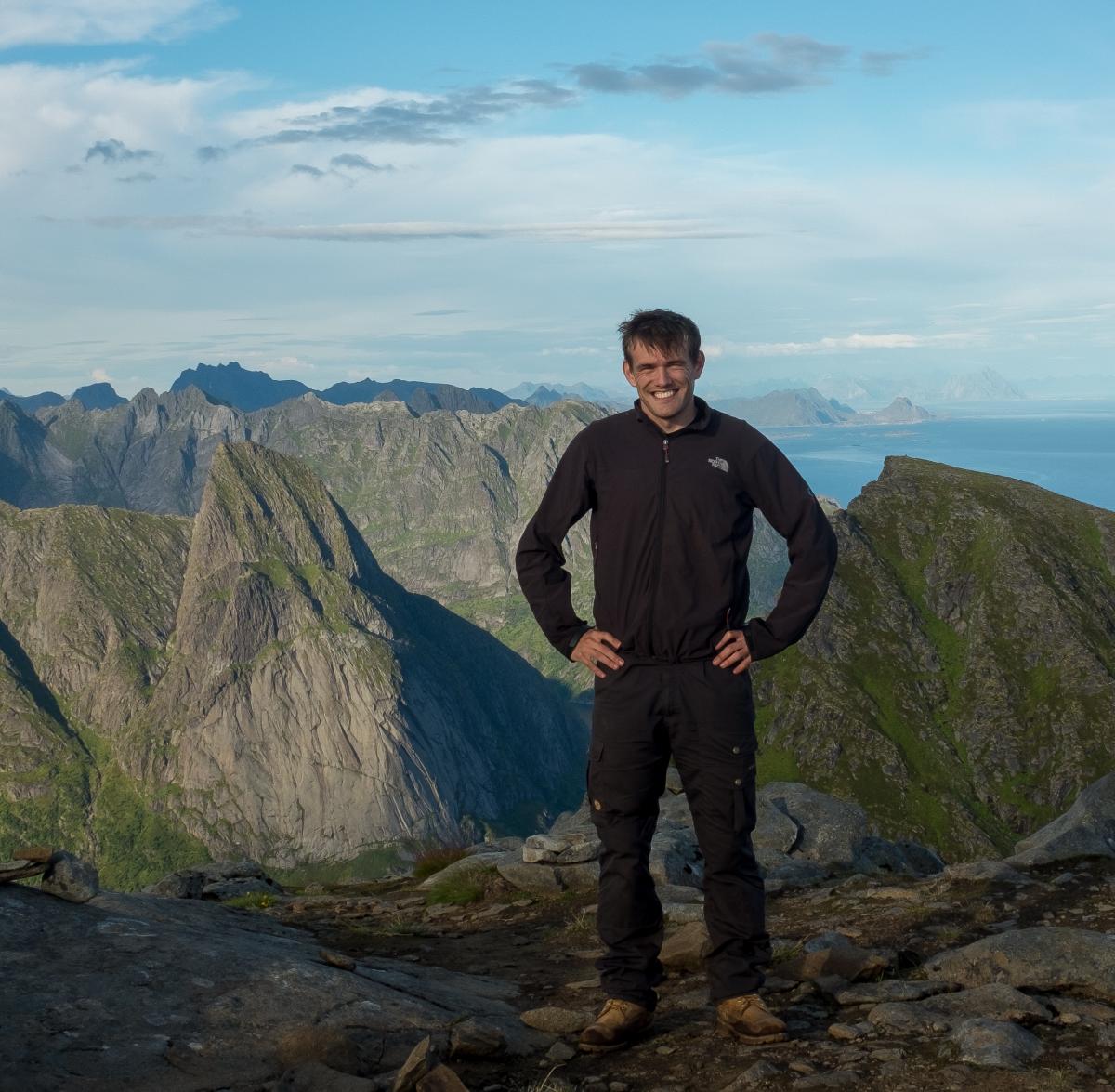 Rory Craig (Edinburgh)
Rory Craig (Edinburgh)
Project title: Evolutionary Genomics of Chlamydomonas
Personal note: I am a PhD student in Peter Keightley’s research group at the Institute of Evolutionary Biology, University of Edinburgh. I am mainly interested in population genetics and comparative genomics, with a particular focus on characterising functional noncoding DNA and understanding the role of such sequence in adaptive evolution. My project aims to further establish Chlamydomonas reinhardtii as a study species for population genetics research, utilising genome re-sequencing data from natural North American isolates. C. reinhardtii is widely used as a model organism across a wide array of disciplines, including photosynthetic gene function and biofuel production. I will explore variation in genetic diversity and divergence (to the closely related C. incerta) across various genomic regions, including protein-coding genes and functional noncoding elements, in order to better understand the nature of selective forces operating on different classes of sequence in the species.
I previously worked on a comparative genomics project at Uppsala University, identifying and characterising conserved noncoding elements in the genome of the collared flycatcher. I completed my undergraduate in Evolutionary Biology at the University of Edinburgh.
Contact Rory.
Ivana Gachulincova (Edinburgh)
Project title: The Structural Basis of Pioneer Factors in Reprogramming to Pluripotency
Personal Note: I am currently studying for my PhD at the MRC Centre for Regenerative Medicine (University of Edinburgh) under the supervision of Dr Abdenour Soufi. My PhD project adopts a multidisciplinary approach, combining expertise from Stem Cells, Epigenetics, Structural Biology and Biophysics, to understand the structural basis underpinning the interaction between transcription factors and nucleosomes. In my project, I will also participate in development of novel biochemical and biophysical methods based on Transmission Electron Microscopy, Cryo-Electron Microscopy, Size Exclusion Chromatography-Multi-Angle Light Scattering to reveal the three-dimensional organization and the biophysical characterization of nucleosomes in complex with the transcription factors.
Before starting my PhD, I graduated from the University of Bath with first-class honours in Biochemistry. Furthermore, I am co-first author of a paper published in Nature Scientific Reports that includes work I did during a one year professional placement at the University of Western Australia exploiting intravenous delivery of albumin-conjugated nanoparticles to the rat brain following neurotrauma.
Contact Ivana.
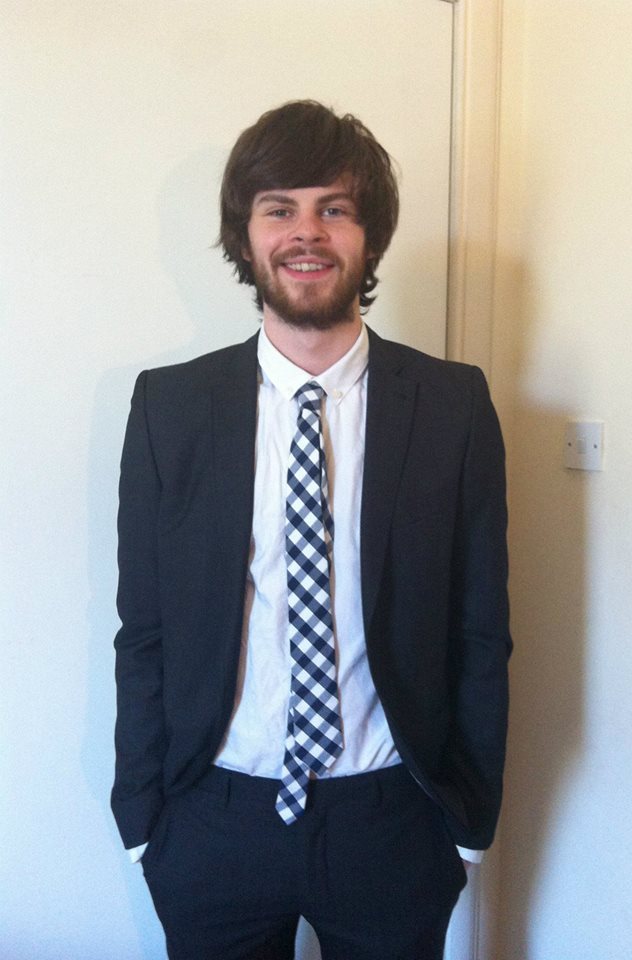 James Macleod (St Andrews)
James Macleod (St Andrews)
Project title: Optogenetic dissection of neural networks controlling locomotion in Drosophila larvae
Personal note: I’m currently studying for my PhD under Dr Stefan Pulver in the School of Psychology and Neuroscience at the University of St Andrews. My project is based around the neural control of movement.
Rhythmic movements such as walking, swimming or chewing are not made from scratch by the brain each time, rather they are produced by dedicated “central pattern generators” which are activated by the brain. I study these networks in Drosophila using genetically-encoded calcium indicators to image neural activity across the whole ventral nerve cord (spinal cord) in real time. More specifically, I am currently investigating the role played by biogenic amines (such as dopamine and octopamine) in the biasing of the ventral nerve cord towards the selection of certain motor programs. Our lab has an integrative approach, making use of calcium imaging, genetic manipulations, electrophysiology, pharmacology and behavioural experiments to study the system from many different angles.
Contact James.
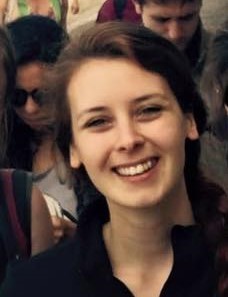 Charlotte Repton (Edinburgh)
Charlotte Repton (Edinburgh)
Project title: Bipolar spindle formation in mitosis and meiosis
Personal note: Hi! I'm Charlotte, and I'm studying for a PhD in cell biology at the University of Edinburgh. My research concerns the segregation of chromosomes in female meiosis. Errors in this process lead to birth defects (such as Down Syndrome), infertility and miscarriage. Unlike in mitosis, female gametes eliminate their centrosomes before dividing. The impact of this is not fully understood. My project looks specifically at the proteins associated with the microtubule spindle in the dividing oocyte. We plan to identify the entire set of microtubule-associated proteins (MAPs) and investigate the roles of a subset of these.
Before my current position, I studied for my BSc Hons here at Edinburgh, graduating in 2013.. After that, I worked as a Research Assistant for 3 years in the evolutionary ecology of malaria with Sarah Reece's lab (also Edinburgh). Outside of research I enjoy playing and dancing to Scottish folk music and volunteering with the Brownie Guides.
Research outputs:
Comandatore, F., Sassera, D., Montagna, M., Kumar, S., Koutsovoulos, G., Thomas, G., Repton, C., Babayan, S. A., Gray, N., Cordaux, R., Darby, A., Makepeace, B. & Blaxter, M. (2013) Phylogenomics and analysis of shared genes suggest a single transition to mutualism in Wolbachia of nematodes. Genome Biol Evol. 10.1093/gbe/evt125
Contact Charlotte.
Guillermo Serrano Najera (Dundee)
Project title: Cell and tissue dynamics driving gastrulation: Analysis using advanced live imaging, computational data analysis and modelling
Contact Guillermo.
Joshua Wort (St Andrews)
Project title: Conformations of protein multimers by pulse EPR nanometre distances
Contact Joshua.
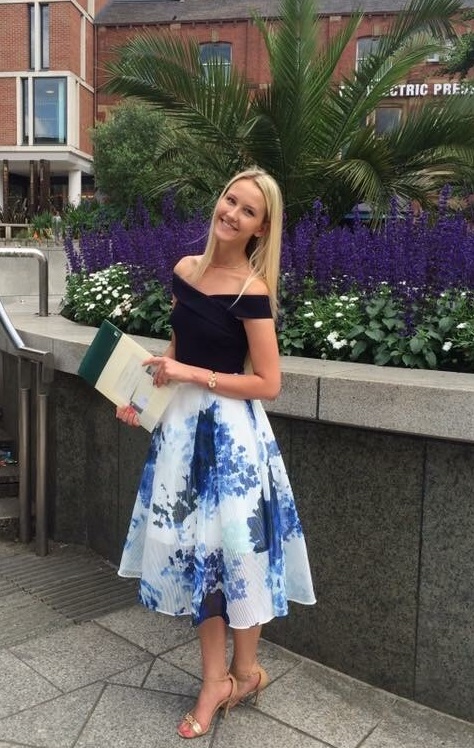 Alina Zitskaja (Aberdeen)
Alina Zitskaja (Aberdeen)
Project title: The impact of Phytochemicals on Adipose Tissue Function and Obesity
Contact Alina.











